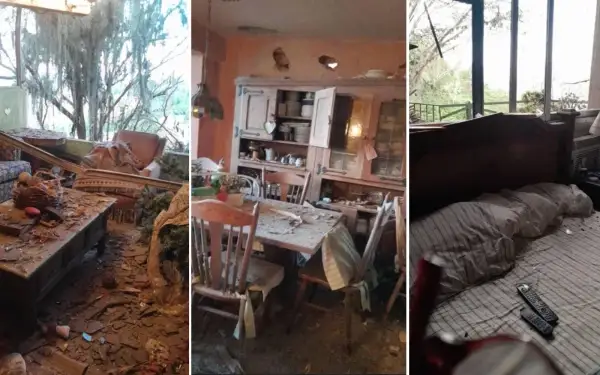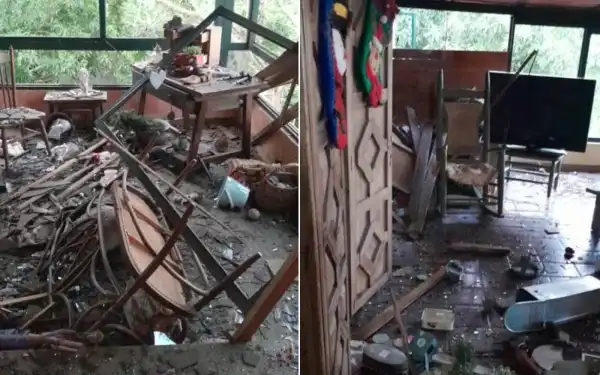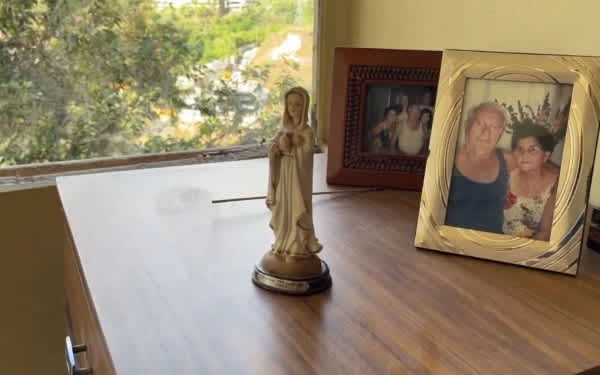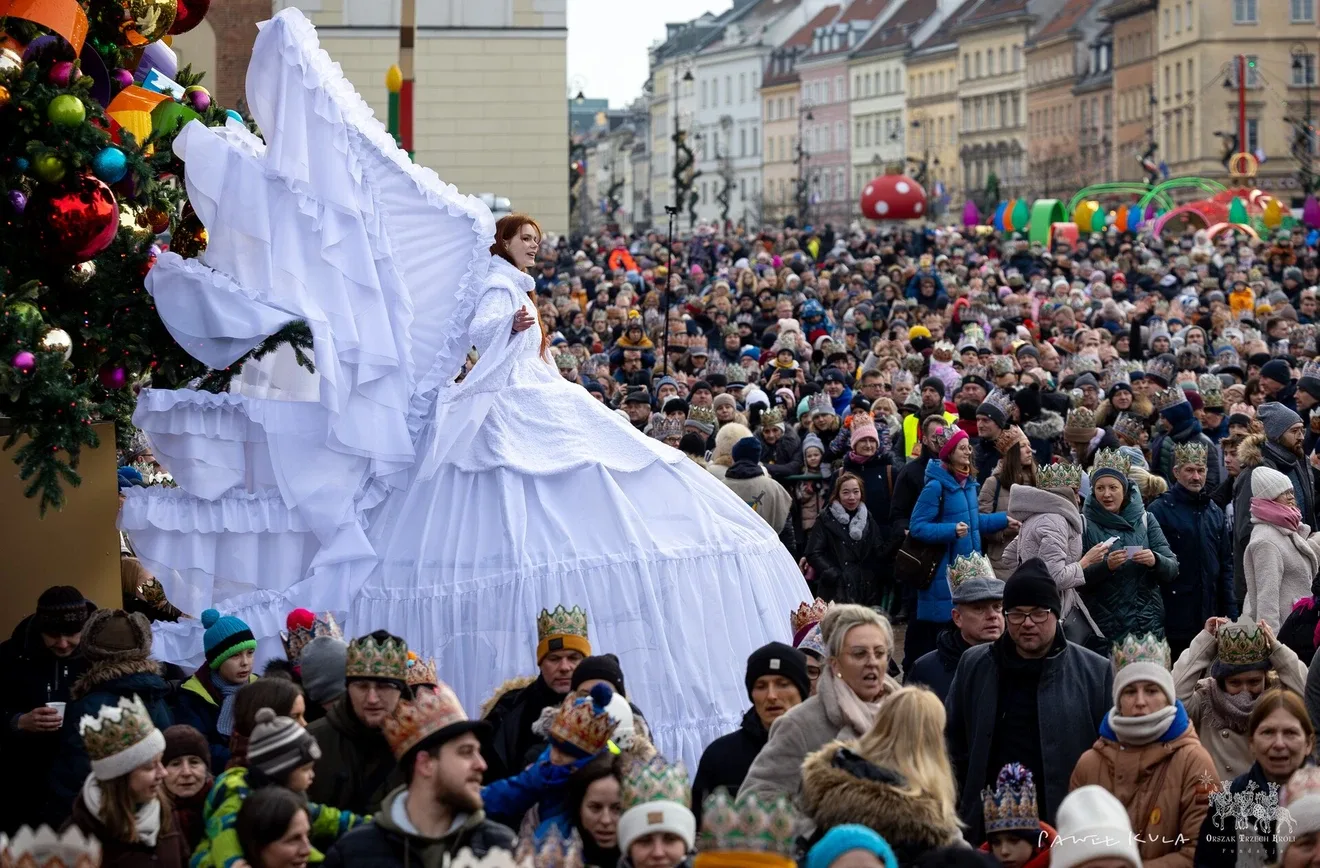 Credit: Digital Storm/Shutterstock
Credit: Digital Storm/Shutterstock
Jan 7, 2026 / 15:04 pm (CNA).
A federal appeals court this week upheld a years-old principle of U.S. law that allows religious organizations to hire only like-minded believers as staff members.
Union Gospel Mission of Yakima, Washington, will be permitted to hire only those employees who share the group's religious beliefs about marriage and sexuality, according to a ruling from the U.S. Court of Appeals for the 9th Circuit.
The court's Jan. 6 ruling said the state of Washington would be forbidden from enforcing the Washington Law Against Discrimination against the Christian group.
The mission group originally brought suit against the state in 2023, arguing that the nondiscrimination law hindered its ability to hire solely workers who agree with the group's Christian worldview.
The "ministerial exception" generally allows religious groups to be exempt from U.S. discrimination laws when hiring for ministry roles. But in its lawsuit Union Gospel Mission sought broader relief from the state discrimination law, arguing that it wanted to ensure even "non-ministerial" employees were adhering to the Christian faith.
In its ruling, the 9th Circuit said that the principle of church autonomy, as recognized by U.S. courts, "forbids interference" with "an internal church decision that affects the faith and mission of the church itself."
"[I]n cases involving the hiring of non-ministerial employees, a religious institution may enjoy [church autonomy] when a challenged hiring decision is rooted in a sincerely held religious belief," the court said.
Union Gospel's hiring policy qualifies as an "internal management decision" protected by U.S. law, the court held. Allowing the state to enforce the discrimination policy "could interfere with a religious mission and drive it from the public sphere."
The decision was hailed by the legal group Alliance Defending Freedom, which has represented the Christian group for nearly three years. Attorney Jeremiah Galus said the court "correctly ruled that the First Amendment protects the mission's freedom to hire fellow believers who share that calling."
"Religious organizations shouldn't be punished for exercising their constitutionally protected freedom to hire employees who are aligned with and live out their shared religious beliefs," Galus said.
In a phone interview with CNA on Jan. 7, Galus said the decision represents a "pretty significant victory."
The ministerial exception is a "somewhat unremarkable principle," he pointed out. Yet the Washington Supreme Court had earlier ruled for a narrower interpretation of that exception, creating uncertainty around the scope of the principle there.
The 9th Circuit ruling is the "first appeals decision of its kind that holds the First Amendment allows religious orgs to operate in this way," Galus said.
The appeals court ruling upheld a lower court's block of the state law.
It is unclear if Washington state will appeal the decision. The Supreme Court has previously ruled broadly in favor of ministerial exceptions, including in the 2012 decision of Hosanna-Tabor v. EEOC, in which the high court unanimously ruled that the First Amendment "prevents the government from appointing ministers" and "prevents it from interfering with the freedom of religious groups to select their own."
The court expanded that principle in the 2020 decision Our Lady of Guadalupe School v. Morrissey-Berru when it held that religious schools are permitted to hire and fire teachers as they please under the ministerial exception.
Galus, meanwhile, pointed out that the appeals ruling extends beyond Washington state to encompass the entirety of the 9th Circuit.
The decision "affirms what we have been saying all along, which is that the First Amendment protects this right regardless of a statutory exemption," he said.















